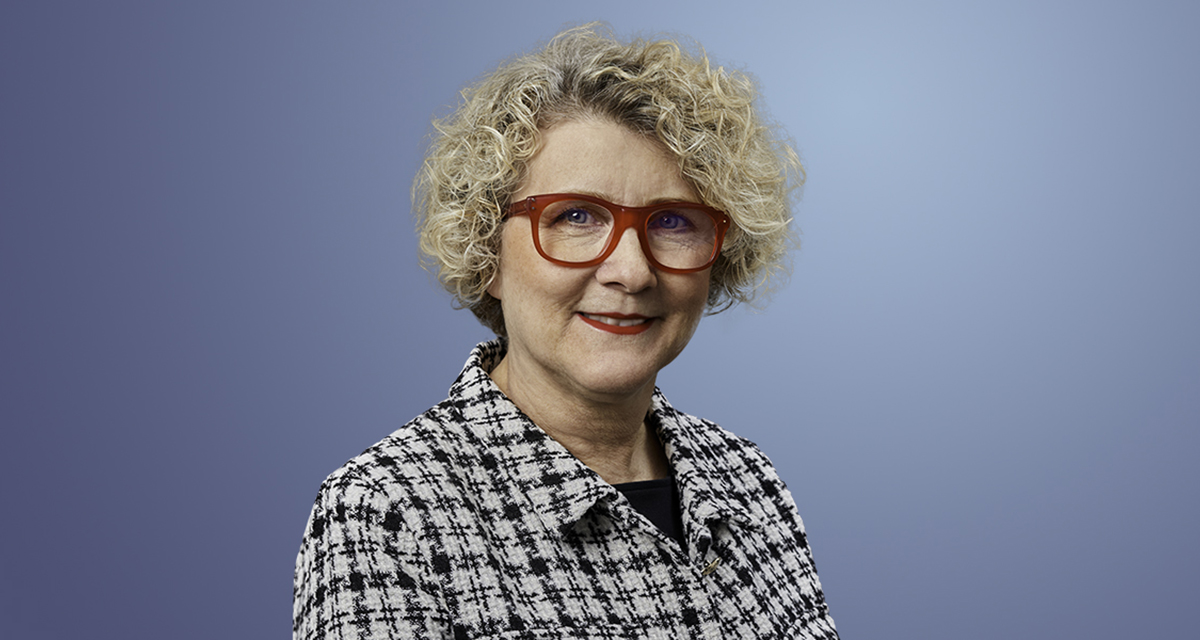This is an important year for the Nuclear Waste Management Organization (NWMO). Over the past few months, we have crossed several milestones on our journey towards selecting a site for Canada’s deep geological repository for used nuclear fuel.
This process will only move forward with informed and willing hosts in a way that advances well-being as defined by the communities. The leaders in the Wabigoon Lake Ojibway Nation (WLON)-Ignace area and the Saugeen Ojibway Nation (SON)-South Bruce area have demonstrated incredible leadership and care for their communities throughout this process.
We have already made a lot of progress on our site selection process this year. We are pleased that the Township of Ignace has confirmed it is willing to move forward to the next phase of the site selection process. The township indicated that through its deliberative democracy process, 77.3 per cent of residents who participated in the voting process indicated their support for Ignace moving forward as a potential host community.
Through this process, the community has demonstrated its leadership and willingness to help protect people and the environment for generations to come. Thank you to the residents of Ignace who have worked tirelessly with us for over a decade to help shape what the project could look like in their community and to ensure they could make an informed decision.
In the other potential host communities, earlier this spring, South Bruce signed its hosting agreement, and discussions with WLON and SON are ongoing. Hosting agreements reflect the unique characteristics and goals of each community, and outline the financial and other benefits the communities will experience over several decades, supporting many generations of people living and working in the area.
While an important milestone, hosting agreements do not indicate that a community is willing to host the project. That decision will come through community-led willingness processes designed by each community to meet its needs.
Once the remaining potential host communities confirm whether or not they are willing to support the project in their area, the NWMO will move forward to identify a preferred site to take into the regulatory decision-making process. We appreciate the commitment and dedication of all the potential siting communities as we continue to make progress through these important milestones.
Collaboration is a core value for our organization, and our work with Indigenous peoples is central to those efforts. As part of our commitment to protecting the environment and water, we introduced Jessica Perritt, an Indigenous scientist and water steward from the Chippewas of Nawash Unceded First Nation, which is part of SON. In this video, Jessica talks about how within an Indigenous worldview, water is Mother Earth’s lifeline.
The entire purpose of Canada’s plan is to protect people and the environment, including water. Jessica’s wisdom reinforces our unwavering dedication to safeguarding water resources by continuously assessing water quality, water systems and the geology of potential siting communities. We will continue to align western science with Indigenous Knowledge across all aspects of our work.
Another form of collaboration that drives global momentum on nuclear waste solutions is international partnerships. In May, I was honoured to attend and present at the seventh International Conference on Geological Repositories in Korea. While I was there, the NWMO solidified international partnerships with Finland, South Korea, Taiwan and the United Kingdom. These agreements serve as a platform for fostering knowledge sharing and learning from the experiences of other countries.
The NWMO’s site selection process has become an international model for building a socially acceptable plan for the long-term management of used nuclear fuel. Our community-driven process also reflects the NWMO’s commitment to Reconciliation. It ensures that before we select a site for the project, the Indigenous communities that are potential hosts confirm they are informed and willing to have it located in their area.
Simply put, we could not and will not progress in this journey without community involvement, and we look forward to continuing to work together towards site selection and beyond.
About the NWMO
Message from the President and CEO : The value of community

Laurie Swami, President and CEO of the Nuclear Waste Management Organization
About the NWMO
Founded in 2002, the Nuclear Waste Management Organization (NWMO) is a not-for-profit organization tasked with the safe, long-term management of Canada’s intermediate- and high-level radioactive waste, in a manner that protects people and the environment for generations to come.
The NWMO has been guided for more than 20 years by a dedicated team of world-class scientists, engineers and Indigenous Knowledge Holders that are developing innovative and collaborative solutions for nuclear waste management.
Founded in 2002, the Nuclear Waste Management Organization (NWMO) is a not-for-profit organization tasked with the safe, long-term management of Canada’s intermediate- and high-level radioactive waste, in a manner that protects people and the environment for generations to come.
The NWMO has been guided for more than 20 years by a dedicated team of world-class scientists, engineers and Indigenous Knowledge Holders that are developing innovative and collaborative solutions for nuclear waste management.
